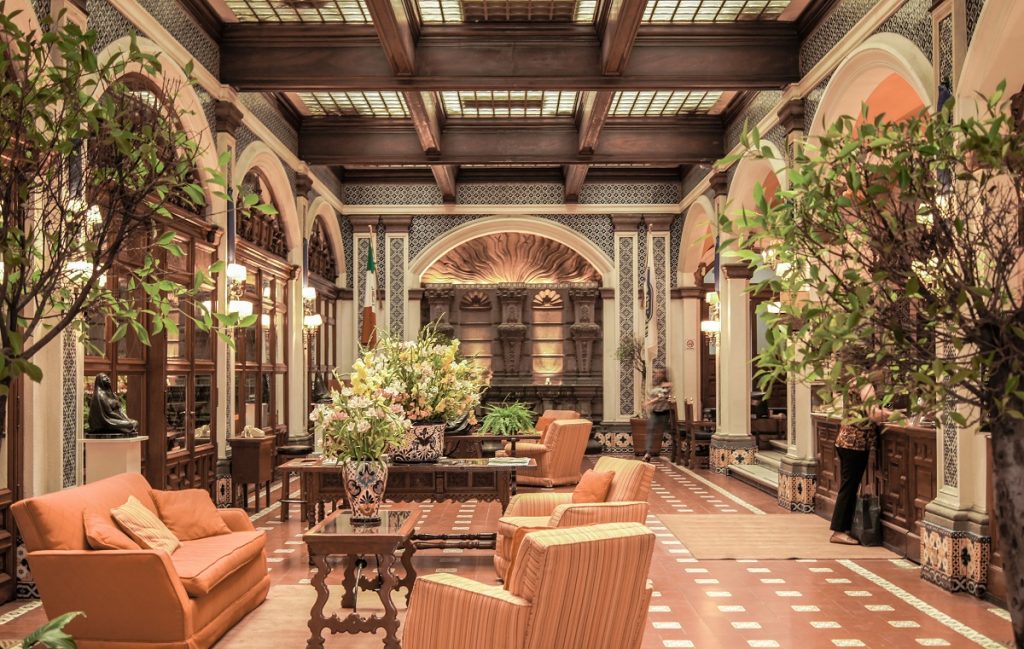It’s a two-acre property with a three-bedroom house, a barn, and a couple of grain silos. As a venture capitalist, you couldn’t pass up on the opportunity to buy the property. You don’t see yourself living there. You see it as a place of business. You thought that you could convert the silos into a living space, as they do in that reality TV show.
You’re thinking along the lines of a boutique hotel. So how does one get into a boutique hotel business? What does it take to maintain one? Do you need to build your maintenance team in-house or will you regularly hire a commercial cleaning service to do the work? There many more questions, but the following discussion can help shed some light.
An Overview of Boutique Hotels
Steve Rubell is partly credited for the disco craze of the 1970s with his Studio 54 nightclub. But many people also credit him as the originator of boutique hotels as we know it today. It started when he took over the Executive Hotel and then turned it to the Morgans Hotel. For several decades, large luxury and chain hotels dominated the industry dating back to the 1920s, and in particular, in Atlantic City.
Today, property owners wanting to offer a more unique, sophisticated, and fashionable way to stay at a hotel are creating boutique hotels. Boutique hotels are typically smaller, from 10 rooms to about a hundred, more stylish, and independently owned.
Getting into the Boutique Business

The total revenue for the boutique hotel industry in America is estimated at around $18 billion as of October 2019. The number of businesses is trending up with more than 5,500 across the country. Here are a few more things to note when going to the boutique hotel business.
- The basics matter. Being stylish or fashionable is not about creating a gimmick. Focus on attending to the basic needs of customers—a relaxing time at the hotel, clean experience, sufficient amenities, and excellent service. Don’t be lured by fads, like a specific theme. They’re in flux always. Treating customers as family still works.
- Capacity. Size matters. It’s harder to evoke a stylish, cozy, and creative atmosphere if you have hundreds of rooms with thousands of guests. Keep it small. If your financial projections indicate that 10 to 20 rooms will be sustainable and profitable, go with that.
- Location. Finding the best place is a must for every business. If you can’t find the best, maybe the site can be unique. If your property, for example, is an excellent place to stop on the way to a popular tourist destination, then it might work for you.
- Your market. You won’t be advertising your boutique for everyone. Decide on your market niche, and that’s what your marketing campaign should target. Are they business executives looking for a quick R&R after a business trip? Are they young professionals with high disposable incomes? This information will dictate your strategy.
- Food and service. Remember, even if you have the best decorations and the most intimate ambiance, if the quality of your food and your service suck, you won’t be in the business for long. Carefully research what you want to offer in terms of food and hire the best team. Quality service can only be achieved through constant and proper training. Invest in this as well.
Design, creativity, and location, matter when it comes to a boutique hotel. But in the end, it will all be about how you treat your customers.
